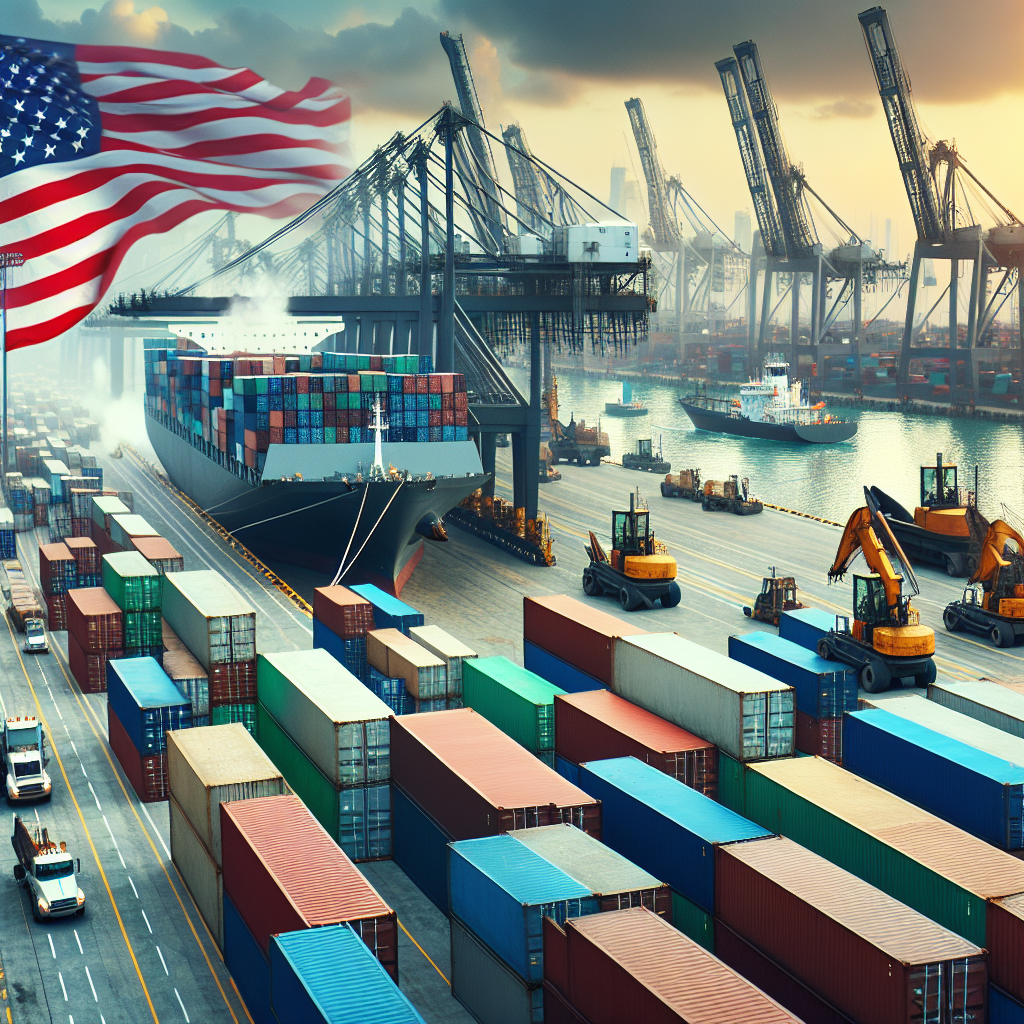US Companies Increase Imports in Anticipation of Trump Tariffs
US Companies Increase Imports in Anticipation of Trump Tariffs
Overview
In response to the looming threat of tariffs imposed by the Trump administration, US companies are ramping up their import activities. This strategic move aims to mitigate potential cost increases and supply chain disruptions that could arise from the new trade policies.
Key Drivers Behind the Surge
- Tariff Concerns: Companies are concerned about the financial impact of tariffs on goods imported from key trading partners, particularly China.
- Supply Chain Stability: By increasing imports now, businesses aim to secure their supply chains and avoid potential shortages.
- Cost Management: Importing goods before tariffs take effect allows companies to maintain competitive pricing and manage costs effectively.
Industries Most Affected
Several industries are particularly proactive in increasing their imports to counteract the anticipated tariffs:
- Retail: Retailers are stockpiling goods to ensure product availability and price stability for consumers.
- Manufacturing: Manufacturers are importing raw materials and components to sustain production levels and avoid operational disruptions.
- Technology: Tech companies are securing essential parts and electronics to continue innovation and product development.
Potential Economic Implications
The surge in imports could have several economic consequences:
- Trade Balance: An increase in imports may widen the US trade deficit in the short term.
- Inflationary Pressures: If tariffs are implemented, consumers might face higher prices on imported goods.
- Market Volatility: Uncertainty surrounding trade policies could lead to fluctuations in financial markets.
Conclusion
As US companies brace for the impact of potential tariffs, their strategic increase in imports highlights a proactive approach to safeguarding their operations and maintaining market stability. While this move may offer short-term relief, the long-term effects on the economy and trade relations remain to be seen.

















